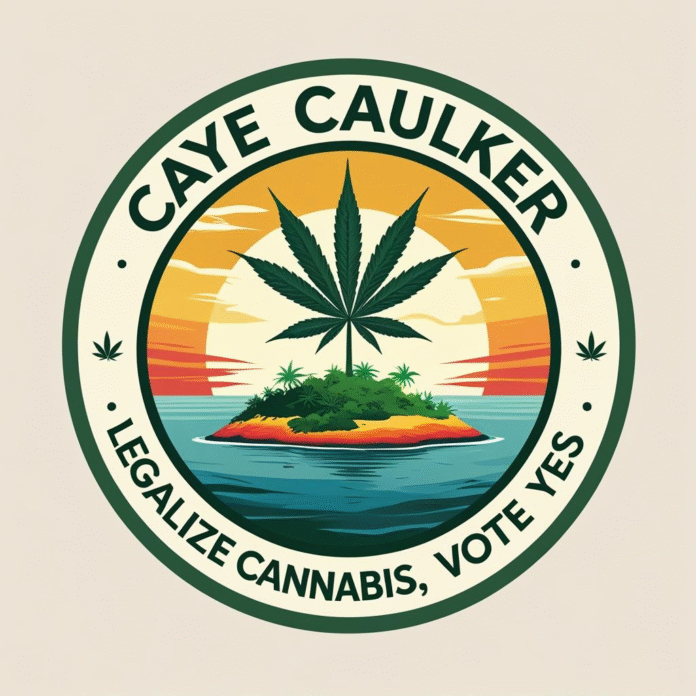As Caye Caulker prepares for its historic October 8, 2025, referendum on the legalisation of cannabis, Cabinet members have voiced differing opinions on the initiative. If voters approve the petition led by Ilya Rosado, Caye Caulker would become the only place in Belize where cannabis use is legal and regulated.
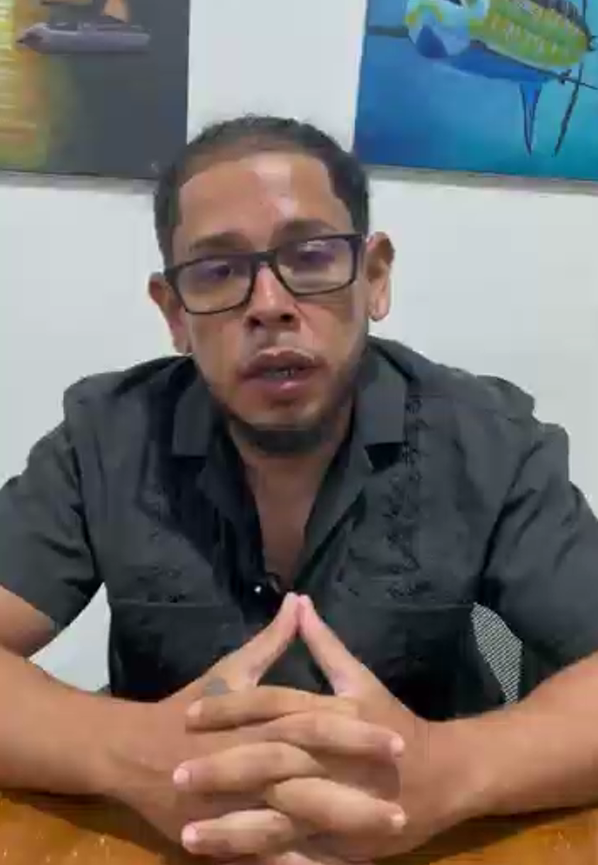
Rosado explained that the referendum empowers island residents to make their own decision. “People should have the freedom to make their decisions and consume the products they want to,” he said, adding that the outcome will be fully respected as the people’s choice. While Village Chairlady Seleny Villanueva-Pott did not comment, supporters believe legalization could provide economic opportunities for the island.
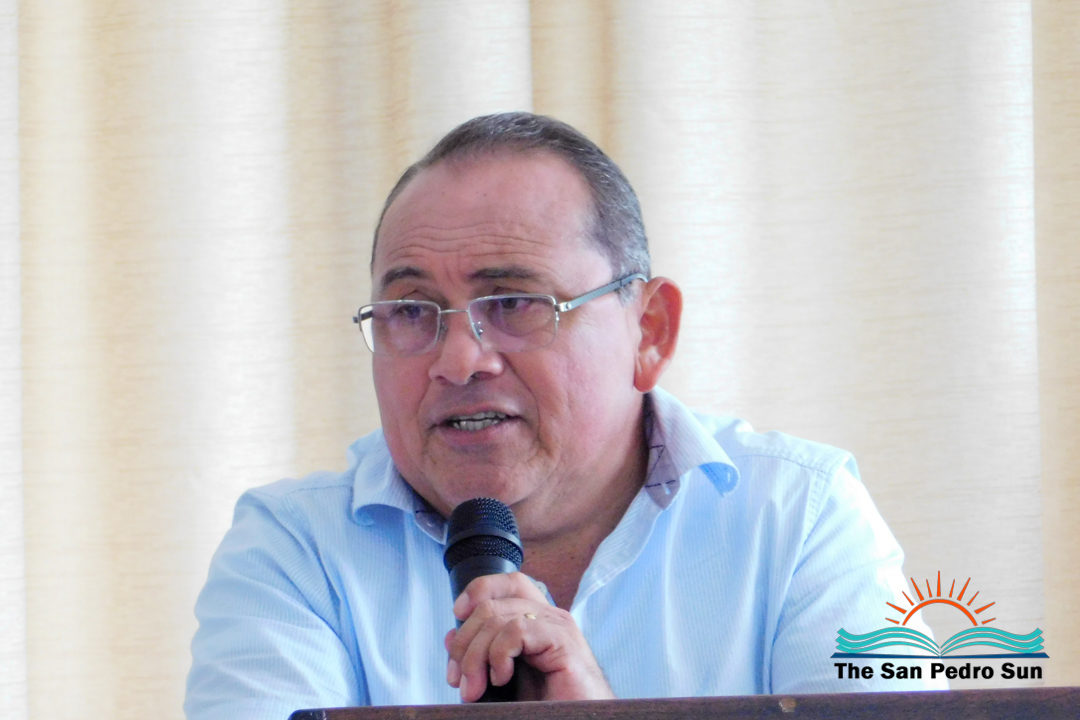
Area Representative Honorable Andre Perez said he would respect the people’s decision but raised questions about the legal implications of approving cannabis use in only one location. “I am not too sure how we can look at it, whether it is something that can be done for one little island, there are still some legal ramifications that I am not aware of,” Perez said. However, he noted that the vote could serve as “a form of a test” to gauge national sentiment toward such measures.
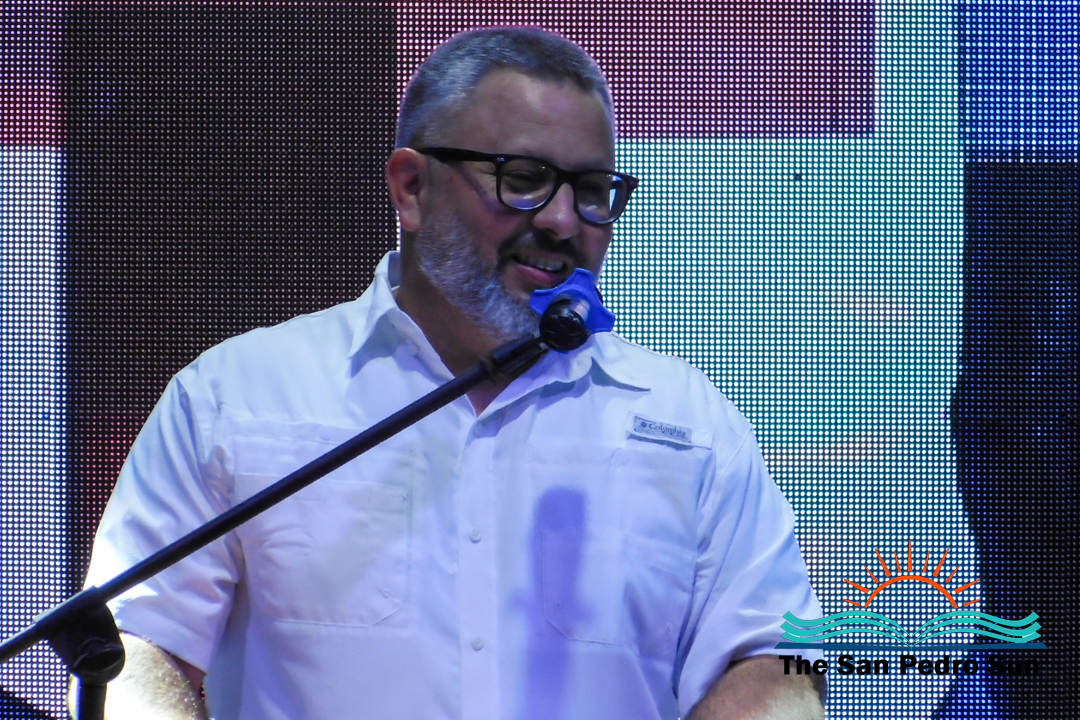
Minister of Home Affairs Honourable Kareem Musa expressed support, saying strong regulations would prevent smuggling to other parts of the country. “You are allowed to have ten grams of cannabis on you. If Caye Caulker is the sole distribution center, more than likely it would have to be an indoor cultivation center,” Musa explained. He added that dispensaries would require licenses and identification for access. Musa’s primary concern was the illegal trade of cannabis from Mexico, which he said endangers young Belizean men and fuels gang violence. He described the referendum as “a bold initiative by a tourist destination.”
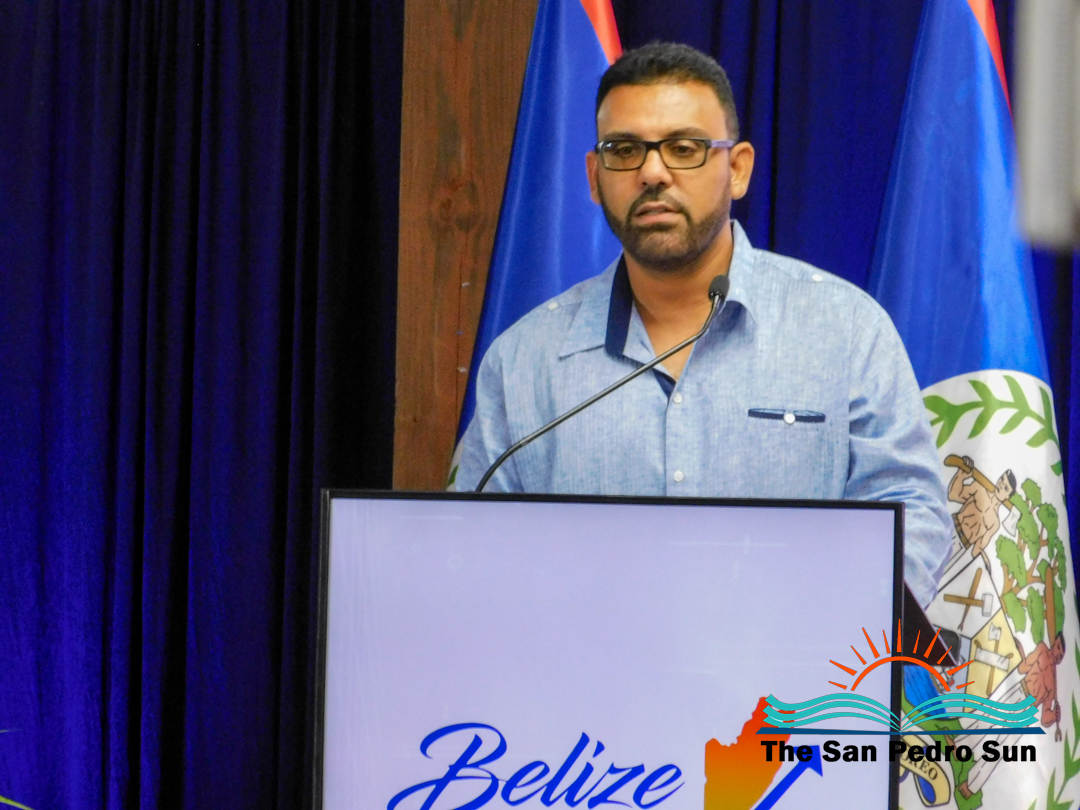
Minister of Tourism Honourable Anthony Mahler, however, opposed the idea, arguing that issues with national impact should not be decided by one community. “I do not think a referendum in one specific place should be able to have an impact on the rest of the nation,” Mahler said. He added that local referendums should be limited to strictly local matters, such as moratoriums on docks.
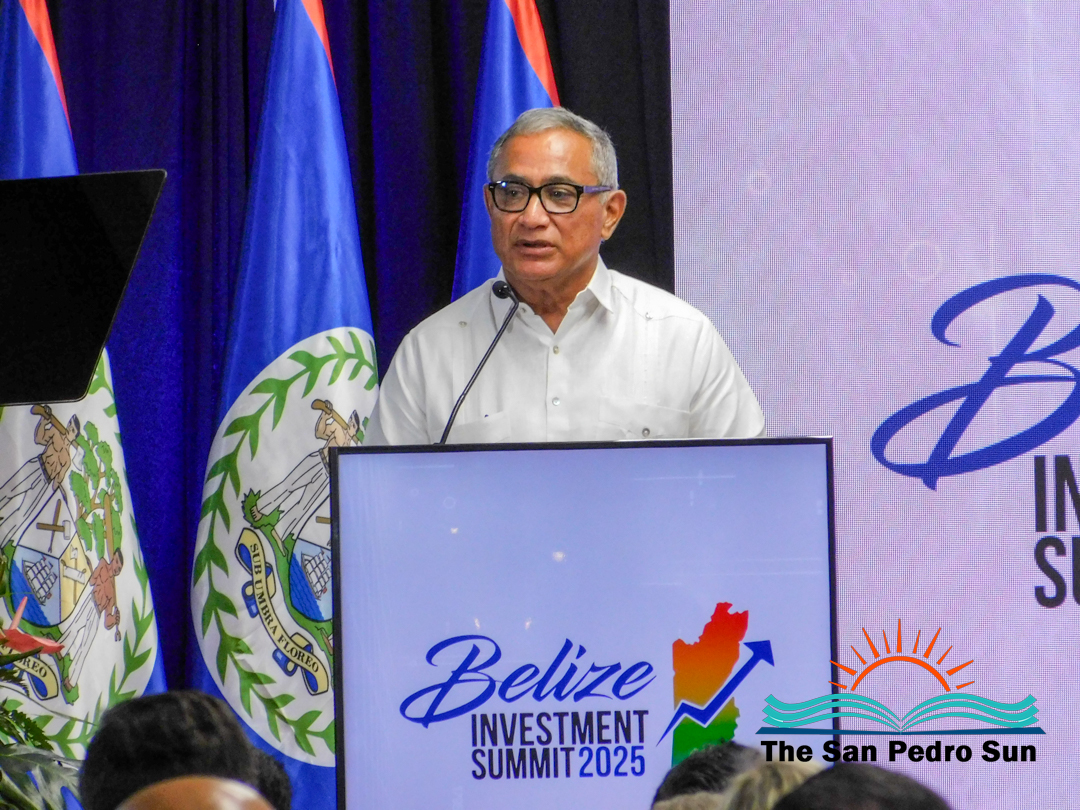
Prime Minister Honorable Dr. John Briceño noted that the referendum highlights weaknesses in Belize’s Referendum Act. “It does not properly define referendums by geographic areas, like a district or by a constituency,” he said. “So now we have a village in effect saying they want to have a referendum, and legally we could not have stopped it.” Briceño said amendments will soon be introduced in the National Assembly to close these loopholes and ensure that village-level referendums do not carry unintended national implications.
On October 8th, voters on Caye Caulker will decide on the question: “Should the Government of Belize pass legislation to create a responsible, regulated and taxable legal cannabis industry on the island of Caye Caulker with a portion of the revenue going directly for the benefit of Caye Caulker and its residents?”

